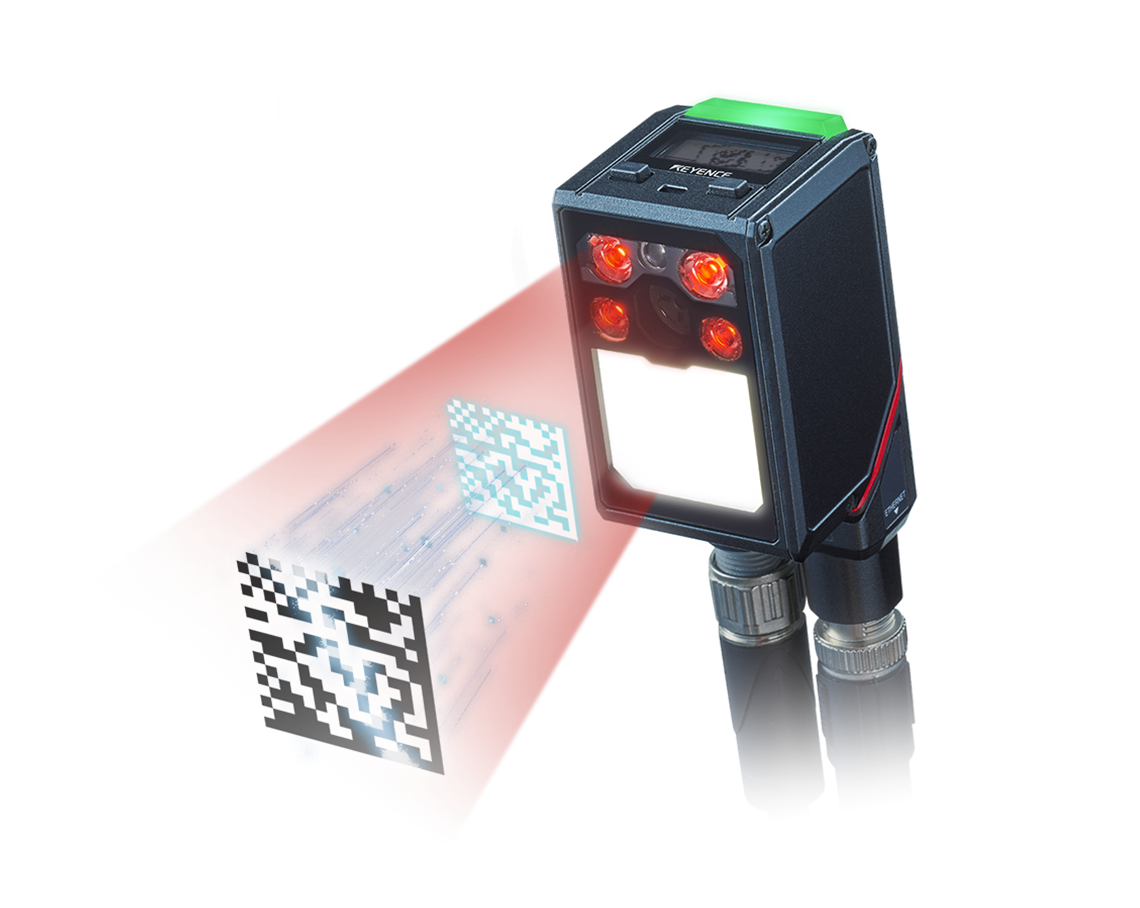Durable Barcodes Scanners for Boosting Accuracy
Durable Barcodes Scanners for Boosting Accuracy
Blog Article
Choosing the Right Barcode Scanner for Your Service Requirements
Picking the proper barcode scanner for your company calls for a nuanced understanding of your specific functional demands and ecological conditions. Aspects such as scanner type, rate, and compatibility with existing systems play a critical function in identifying the right option.
Understanding Barcode Scanner Types
When it comes to choosing a barcode scanner, recognizing the numerous types readily available is vital for conference particular company requirements. Barcode scanners can be classified into a number of kinds, each created for various applications and atmospheres.
Portable scanners are one of the most typical, offering portability and ease of usage, making them ideal for retail and inventory management. They usually link using USB or Bluetooth, supplying adaptability in operation. Fixed-mount scanners, on the various other hand, are developed for high-volume scanning applications, commonly found in setting up lines or checkout counters. These scanners are mounted in a fixed placement, permitting for rapid scanning of numerous products in sequence.
Another kind is the mobile computer system, which integrates scanning capacities with computing power. These tools are optimal for area operations or storage facility monitoring, making it possible for data collection and real-time inventory monitoring. In addition, there are commercial scanners that are built to endure severe atmospheres, such as severe temperature levels or exposure to dirt and moisture.

Trick Functions to Consider
What essential features should companies prioritize when selecting a barcode scanner? Scanning speed is essential, as faster scanners boost functional effectiveness, specifically in high-volume atmospheres. The scanner's capability to read numerous barcode layouts is additionally crucial; ensure it supports popular types like QR codes, UPC, and Code 128 to suit varied inventory products.
Toughness is another vital attribute, specifically for businesses in sturdy settings. Seek versions that are developed to hold up against decreases, dust, and dampness. In addition, consider the connectivity choices readily available; whether you prefer USB, Bluetooth, or Wi-Fi, the appropriate connection can improve integration with existing systems.

Evaluating Your Business Environment
To effectively pick a barcode scanner, businesses must analyze their details operational atmosphere. This analysis includes evaluating the physical design of the work area, the nature of the products being checked, and the normal problems under which scanning occurs. For example, a retail atmosphere might require portable scanners that can quickly refine purchases at the checkout, while a warehouse setting could take advantage of ruggedized scanners created to endure harsher conditions.
Furthermore, take into consideration the volume of scanning called for. High-throughput environments may necessitate advanced scanning innovations, such as fixed-position scanners or mobile gadgets that our website can operate efficiently in hectic circumstances. The assimilation capacities with existing stock administration systems Get More Info additionally play a critical duty; guarantee the selected scanner can perfectly link with software program platforms in operation.
Moreover, evaluate the possibility for development and scalability. A scanner that meets present demands might not be enough as organization expands. By completely evaluating these aspects, companies can choose a barcode scanner that not just meets immediate needs yet also supports lasting operational effectiveness and adaptability. This tactical strategy inevitably adds to smoother processes and improved efficiency.
Budgeting for Your Scanner
Having actually assessed the functional atmosphere and determined the particular demands for a barcode scanner, the following step includes cautious budgeting to guarantee a clever economic investment. Developing a budget plan starts with establishing the overall costs related to the scanner, consisting of first acquisition rate, functional expenditures, and potential upkeep charges.
When selecting a barcode scanner, consider the series of available choices, from portable tools to fixed-position scanners, as rates can vary significantly. It is important to balance price with capability; choosing a more inexpensive design might bring about enhanced operational inefficiencies if it does not fulfill your organization demands.
Along with the equipment, factor in expenses connected to software application, training, and possible upgrades. While it could be appealing to reduce upfront expenditure, purchasing a top quality scanner that straightens with your operational demands can produce lasting financial savings through enhanced performance and lowered downtime.
Finally, take into consideration the overall cost of possession, which encompasses the scanner's life expectancy and prospective resale worth. By carefully preparing your spending plan, you can guarantee that your financial investment in a barcode scanner will enhance your functional performance and economic efficiency.
Integration With Existing Solution
Incorporating a barcode scanner with your existing systems is essential for optimizing its effectiveness and guaranteeing seamless procedures. barcodes scanners. A well-integrated scanner improves operations performance, minimizes mistakes, and accelerates information handling. When choosing a barcode see this site scanner, take into consideration compatibility with your existing software application and hardware infrastructure, including your supply management systems, point-of-sale (POS) systems, and venture source preparation (ERP) services
Examine whether the scanner makes use of conventional protocols such as USB, Bluetooth, or Wi-Fi, which can promote simple combination. Furthermore, analyze whether the scanner's software application offers APIs or SDKs that allow for customization and combination with proprietary systems. This is specifically crucial for companies with one-of-a-kind operational requirements.
As your business grows, your systems must be able to accommodate additional scanners and deal with increased data volumes without considerable reconfiguration. Inevitably, investing in a barcode scanner that effortlessly incorporates with your existing systems will produce lasting benefits, enhancing precision, effectiveness, and overall performance within your procedures.

Conclusion
In verdict, picking a proper barcode scanner necessitates an extensive evaluation of numerous aspects, including scanner types, vital functions, and the specific organization atmosphere. Proper budgeting for both acquisition and operational costs is vital, along with making certain compatibility with existing systems. By diligently considering these elements, companies can improve performance and efficiency, eventually leading to improved operational results. The right barcode scanner acts as an essential tool in improving processes and promoting effective stock monitoring.
Report this page